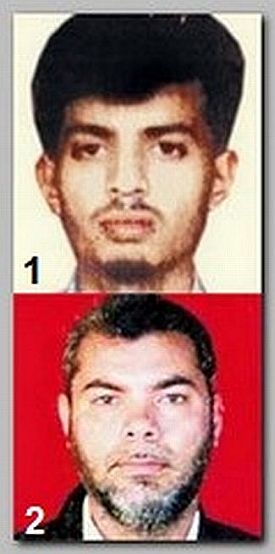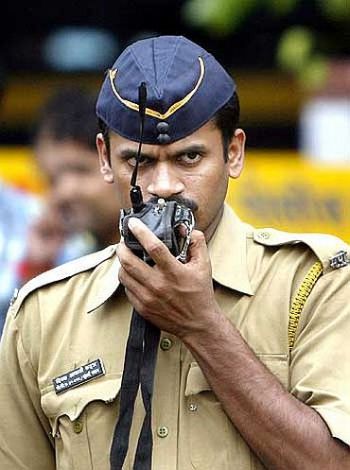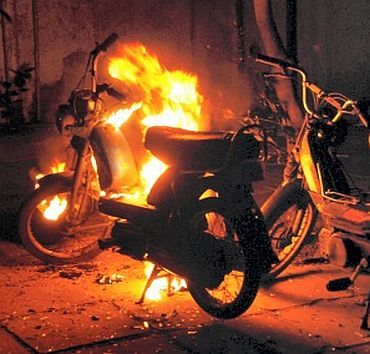Police and intelligence agencies are playing the blame game over the rejection of requests for Interpol red corner notices against India's most wanted terrorists, says Vicky Nanjappa
India is hunting for at least 80 terrorists hiding in and out of the country. And it is looking forward to the help of Interpol, the world's largest international police organisation, to track them down. But here is a shocking fact. Most of the requests, including those on Indian Mujahideen chief Riyaz Bhatkal, Iqbal Bhatkal, Asadullah Akhtar and several other wanted terrorists, sent to the Interpol have been rejected.
The reason? Interpol says the police have not built a strong enough case against them and that the information provided on the wanted terrorists has been vague in nature.
As per the procedure, India first requires an extradition treaty and once that is in place the Interpol can go about its job and track these men down. Moreover, once the Interpol takes up the request a red corner alert is sounded against the terrorist.
As far as Bhatkal brothers are concerned, the last information suggested that they were in Karachi. While it is certain that Iqbal is in Karachi, Riyaz's whereabouts are unknown. There are even reports that Riyaz has been shot dead by the Chota Rajan gang.
...
An Intelligence Bureau officer says that it is hard to pick up someone who is hiding in Pakistan. But if there is a red corner alert against that person, he could be arrested while he is moving out of the country he is hiding in.
The IB refuses to take the blame for the request rejections.
The IB can only pick up intercepts and pass it on to the police force. It cannot conduct a personal investigation of its own in such cases; it is the duty of the police to do that.
The police, on the other hand, say that the intelligence information is more than often vague in nature. It is very difficult to build a strong case and provide the exact details that the Interpol is looking for.
However, all is not lost. The requests can be filed again. Terrorists operate very smartly, leaving behind very little trail. It is hard to find people to testify against them and hence building up the case is a battle. The Ajmer and Mecca Masjid blasts are a clear example of this.
The investigations into the case went in one particular direction for two years before taking a swing in a completely opposite direction. The police say that in some cases it is virtually impossible to suit the requirements of the Interpol. There have been cases where they have to resort to other tactics to bring their target down to the country.
One of the most famous incidents involved Sarfaraz Nawaz, an accused in the Bengaluru serial blasts case. An Interpol request against him did not work out. Hence police officials had to go to Muscat as undercover tourists and get in touch with him. Nawaz was, however, aware of the law of the land and resisted the police. But eventually Nawaz did agree to come down to India with them.


